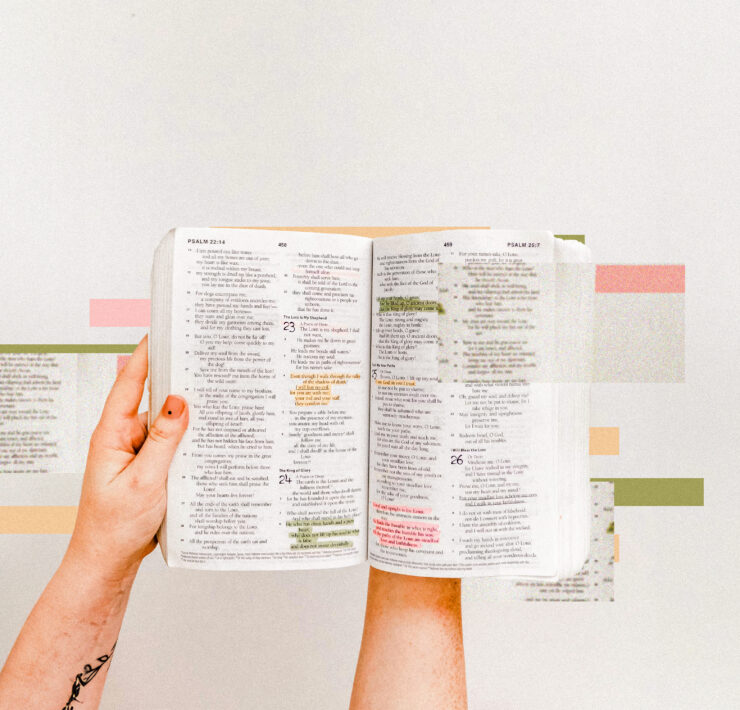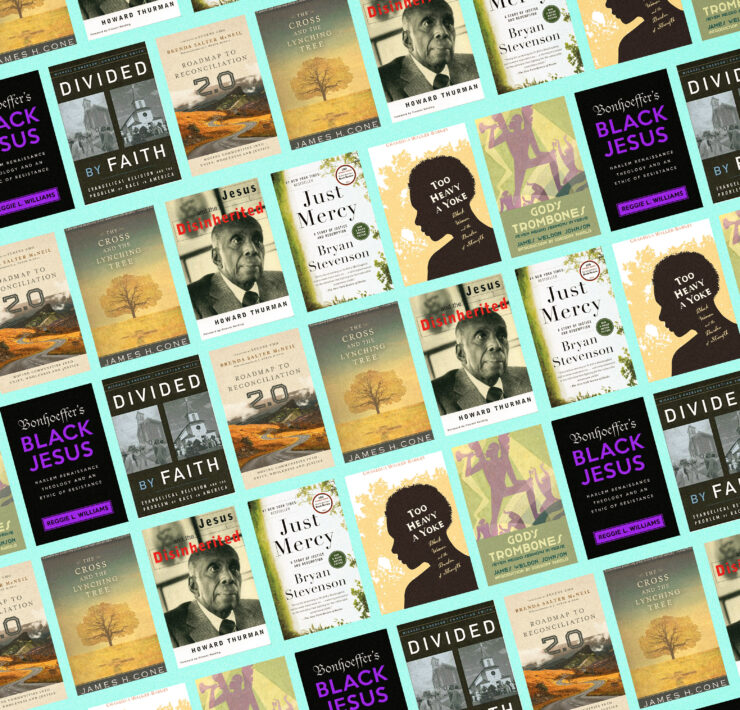Fighting racism does not consist of a set of isolated actions that you take; rather these actions must flow from an entire disposition that is oriented toward racial justice. We have to reposition ourselves spiritually, emotionally, culturally, intellectually and politically to address the myriad ways that racism manifests in the present day. Racial justice is a lifestyle not an agenda item.
This chapter…outlines the ways an individual can orient her or his life toward racial justice. Fighting for racial justice entails a daily compact with yourself and others who do this work never to quit when it gets hard or inconvenient. It is a commitment to living in such a way that your entire life is a witness for racial justice. It is difficult to live righteously when it comes to race, but in doing so you are creating a legacy. Orienting your life in this way is about helping to shape your society into one that might be more equitable and just today as well as for the generations that follow. It is about being a good ancestor.
Essential Understandings
Cancel Contempt
Contempt is the poison pill of racial justice. A distorted understanding of personhood leads to feelings of superiority or inferiority. People who act in racist ways can treat people of color with contempt, believing others are somehow less capable and more prone to error than they are. On the other side, racial justice advocates can quickly become contemptuous of those they view as racists and view themselves as superior because of their enlightenment or “wokeness.” While one side has healthier beliefs about race than the other, contempt is never the answer.
Dr. John Gottman, one of the foremost experts on marriage and relationships, contends that contempt “arises from a sense of superiority over one’s partner. It is a form of disrespect.” Forms of contempt include sarcasm, cynicism, name-calling, eye-rolling, mockery, and belligerence. In a marriage, Gottman’s research has found, contempt is the number one predictor of divorce. The damaging effects of contempt apply not only to marriage but to racial justice as well. We must constantly check our hearts to ensure that we are not demonstrating contempt for others. The temptation to look down on others because of their backward views on race and diversity easily descends into disdain and haughtiness. Feelings of contempt dehumanize other people and cause us to replicate the hate we wish to eradicate. So to make racial justice a lifelong pursuit, we must constantly battle against any feelings of contempt we have toward other people.
Have This Mind Among Yourselves
According to a popular tale, The Times newspaper in London asked authors, “What’s wrong with the world?” Famous author G. K. Chesterton responded, “Dear Sirs, I am.” Chesterton’s succinct but pithy answer stays in circulation today because it articulates a profound truth: We are all part of the problem. Philippians 2:3–4 says, “Do nothing out of selfish ambition or vain conceit. Rather, in humility value others above yourselves, not looking to your own interests but each of you to the interests of the others.”This is the mindset we must have as we pursue racial justice as a way of life and not simply a pastiche of isolated actions. Fighting racism is ultimately about serving other people from a wellspring of love. A spirit of loving service has to be infused with a spirit of humility that puts the interests of others before our own.
To pursue racial justice, the critical attitude we must cultivate is humility—to listen and learn, yes, but also to admit that we, too, can act in racist ways. We must have the humility to realize that, in some cases, we have benefited from the racial status quo. White people must recognize with humility that, although life can be difficult for anyone, their skin color has not added to their hardships. People of color must recognize that, despite their life experiences, they can sometimes get it wrong when it comes to race.
When I served as the principal of a middle school, one of my main jobs was ensuring the safety and learning of our students through effective classroom management. We had several first-year teachers, and almost no one is good at classroom management in their first year. One teacher who reported to me never looked at me when I gave her feedback. I thought this was curious, but I never mentioned it until one day when her behavior irked me. I was offering her some input on how to improve her teaching, and midway through my little speech I stopped and asked, “Could you at least look at me when I’m talking?” She did not say anything in the moment but went back to her class and did the best she could.
Later that day the teacher asked to see me in my office. She explained to me that as a person of Asian descent in her culture it was considered rude and disrespectful to look at an elder or a boss directly in the eyes. She was not trying to offend me. She was actually showing me respect. In response, I had shown ignorance and rudeness. I immediately apologized and thanked her for her courage and initiative to enlighten me. Anyone can get it wrong. And that’s especially true when it comes to racial justice. The key is owning your mistakes, learning from them, and staying on the journey.
In Matthew 7, Jesus confronts those who would self-righteously judge the shortcomings of others while ignoring their own flaws. “Why do you look at the speck of sawdust in your brother’s eye and pay no attention to the plank in your own eye?” (Matt. 7:3). In our journey toward racial justice, we must always self-monitor for the ways we are reenacting racism, even if unintentionally, and seek to correct our attitudes and behaviors. This must be done even as we observe the world around us and attempt to correct the injustices for which others are responsible. As Jesus put it, “You hypocrite, first take the plank out of your own eye, and then you will see clearly to remove the speck from your brother’s eye” (Matt. 7:5).
White people must constantly cultivate humility in order to acknowledge their complicity in racism and engage in the process of repentance and repair. Racism is designed to be invisible to white people—this is just the way things are, or this is the “right” way to do things—so when they are confronted by the reality of racism, it can offend their sense of personal innocence. There is no way around this feeling. You have to go through a process of deconstructing the ways white supremacy has skewed your perception in order to see the reality of race more clearly.
For people of any race or ethnicity, humility is a key attitude in the work of racial justice. It takes humble honesty to consider one’s shortcomings and still pursue the work of fighting racism. Humility allows new information to correct old ideas and leads us into better ways of loving one another. Humility forces us to descend from our lofty perches of self-justification to consider how our action or inaction can contribute to racism. Humility undergirds all the actions that orient one’s life toward racial justice.























